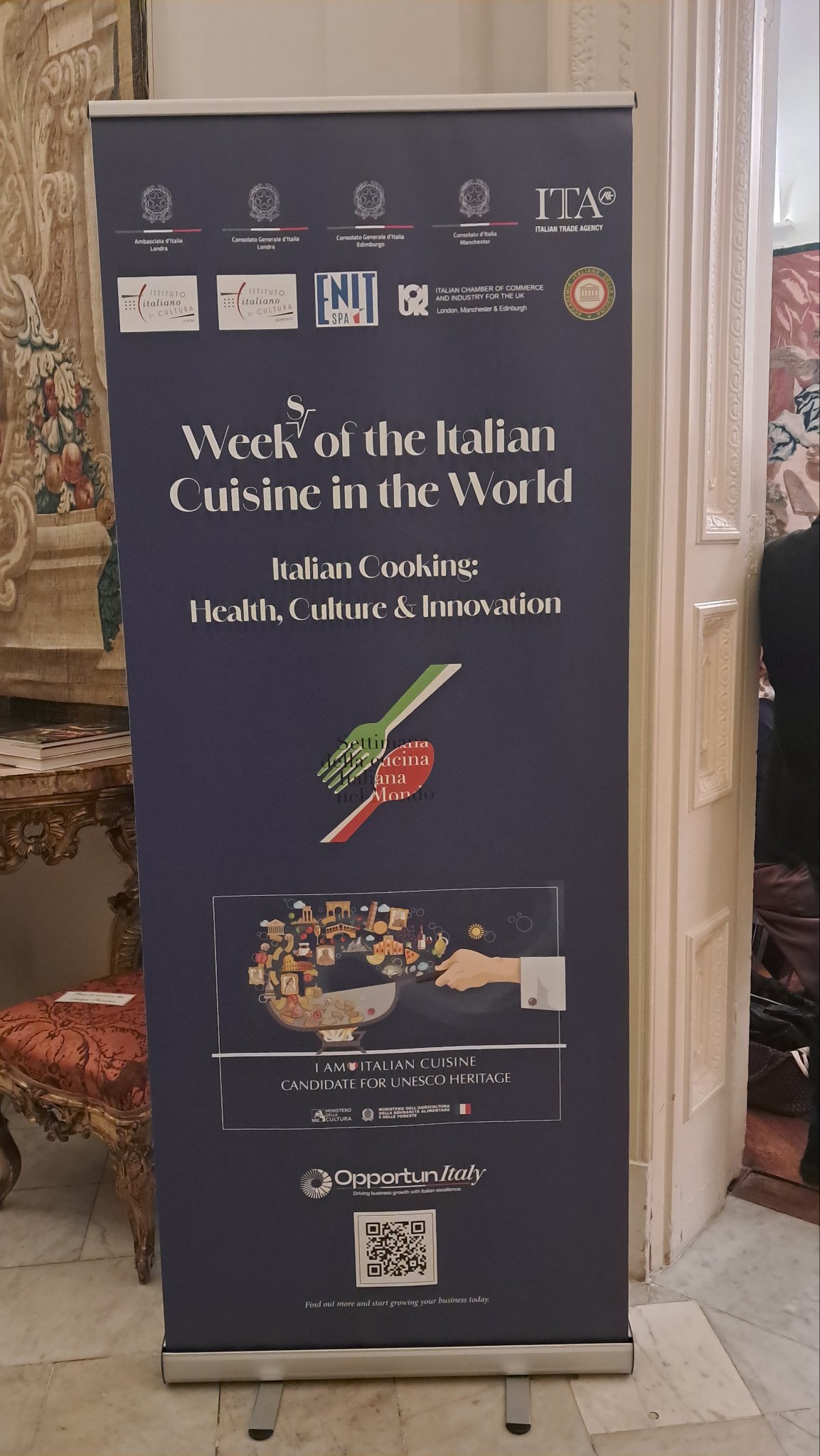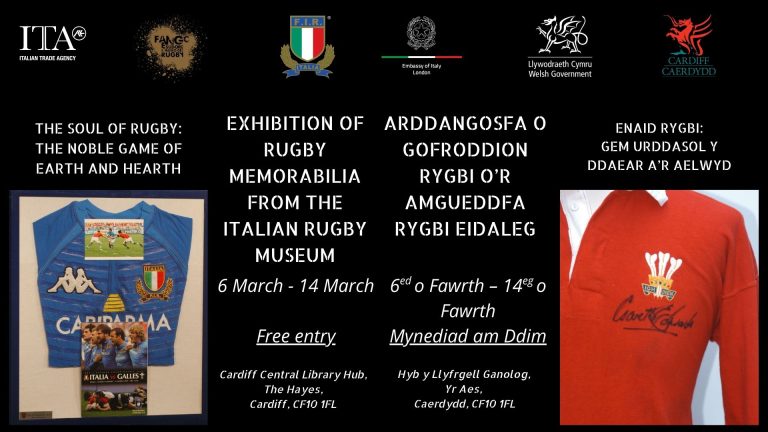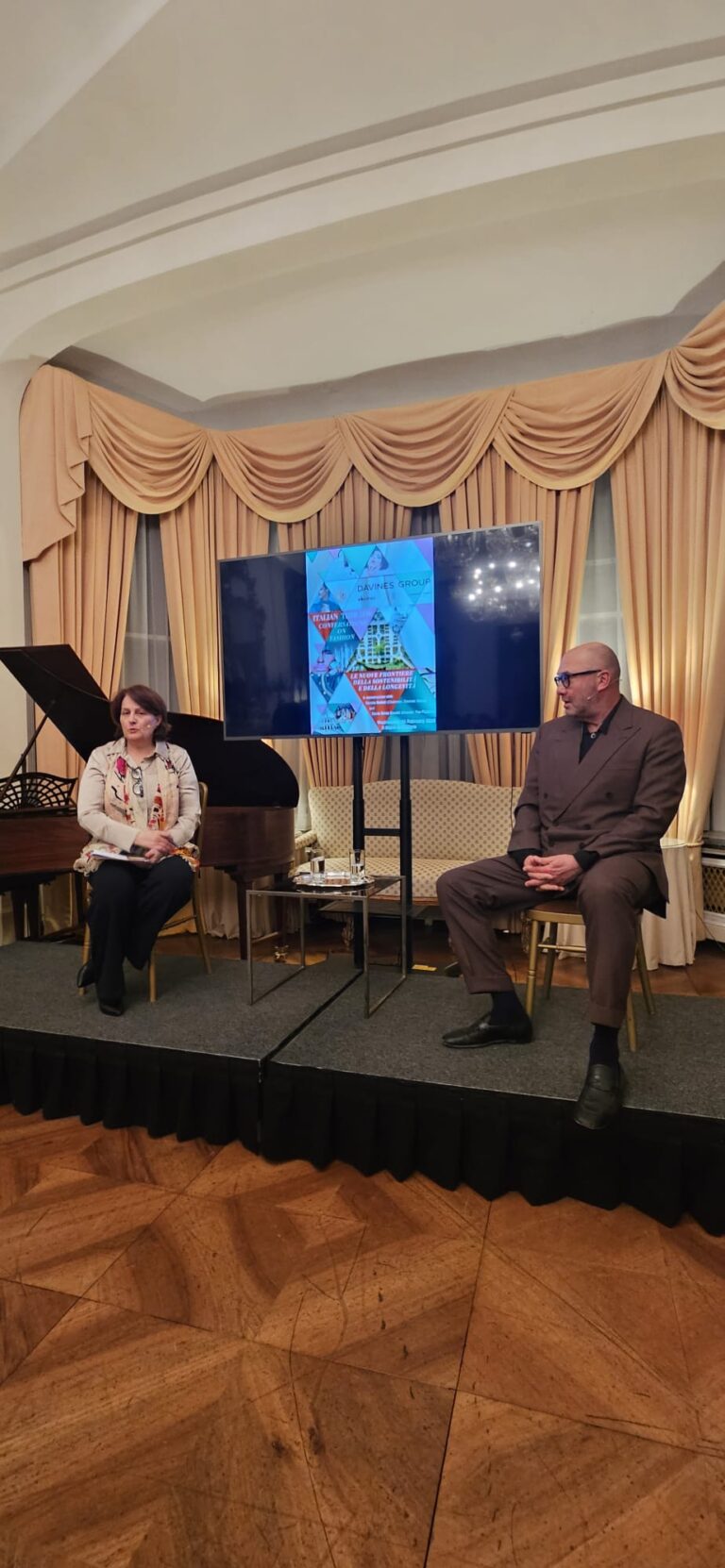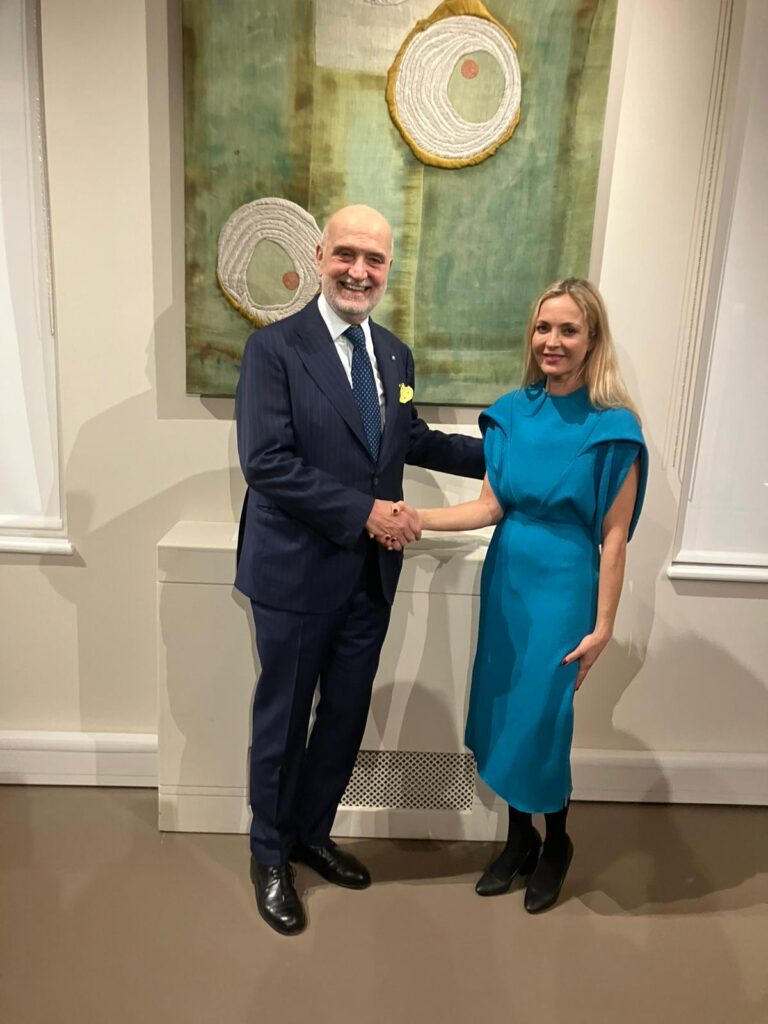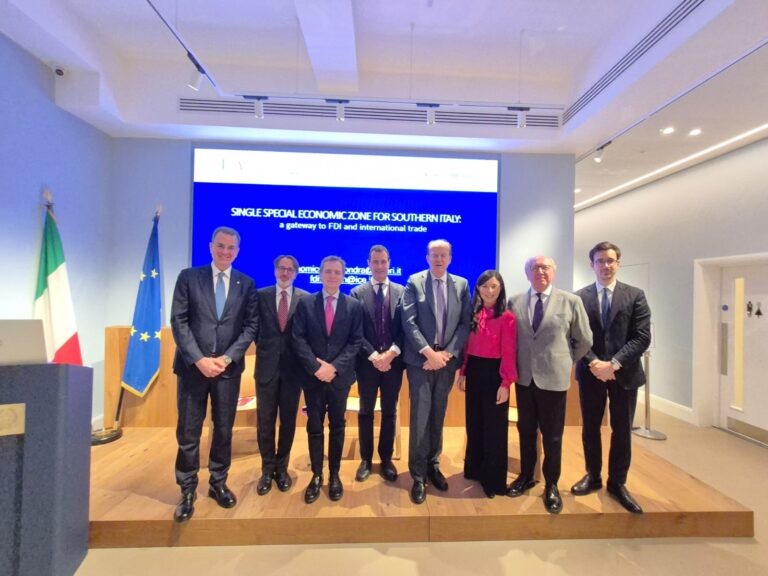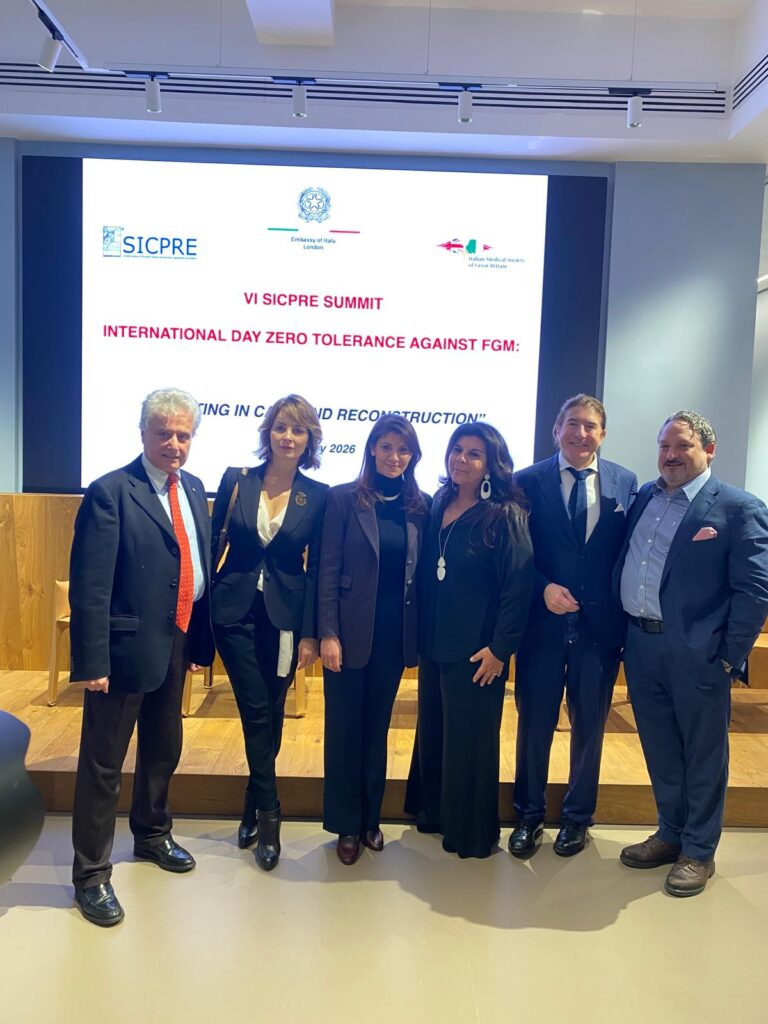The Embassy of Italy in London hosted an panel discussion on 13 November 2025 entitled “Facts on your plate: debunking myths on nutrition”, organised by the agricultural attaché in collaboration with the Accademia Italiana della Cucina and the Italian Trade Agency. The event was part of the programme marking the tenth Week of Italian Cuisine in the World.
The event brought together experts in nutrition and food science and representatives of the Italian and British agrifood sector. They discussed the most common myths about food and health, from “detox” diets to carbohydrates being the enemies of the waistline, and the misconceptions about sugars, fats, proteins and “light” foods.
“Italian food culture, rooted in the Mediterranean diet, is not only a heritage of taste and tradition, but also a model of balance and health, recognised around the world,” said Ambassador Inigo Lambertini in his opening address. Giovanni Sacchi, the director of the Italian Trade Agency, and Maurizio Fazzari, vice president of the Accademia Italiana della Cucuina, described how they promote these concepts through numerous educational initiatives.
The initiative is part of a project run by the Ministry of Foreign Affairs and International Cooperation and the Ministry of Agriculture, Food Sovereignty and Forestrs to promote healthy eating, the prevention of non-transmissible diseases, and the Mediterranean diet as a tool of scientific and cultural diplomacy.
The discussion, moderated by Roberta Re, food expert at DBT and director of Cambridge Food Science, focused on how food disinformation spreads rapidly via social media and the importance of giving the public the tools to assess sources and scientific evidence.
During the discussion, Luca Piretta, a gastroenterologist and nutritionist, highlighted that there is no such thing as “good” or “bad” foods in an absolute sense: it is the overall balance of the diet, together with lifestyle, that determines the impact on health. The wider the variety of foods that we eat, the better the health of our microbiome and the stronger our immune system.
Helen Bond, a nutritionist, spoke about the importance of helping the public correctly interpret the information circulating on line, distinguishing between scientific evidence and marketing messaging, in order to promote a positive approach to eating, without restrictions or forbidden foods. The concept of diet itself, which implice a beginning and an end, is in itself wrong.
Pietro Sciarra, a food tecnologist at Past F.lli De Cecco, examined the role of the food industry in guaranteeing high-quality, safe and sustainable products, and the commitment to technological innovation in order to satisfy the nutritional requirements of the consumer.
Finally, Jacob Kennedy offered a chef’s perspective, reminding the audience that a good diet must also be a pleasure: it is possible to combine taste, balance and health, as Italian tradition teaches.







